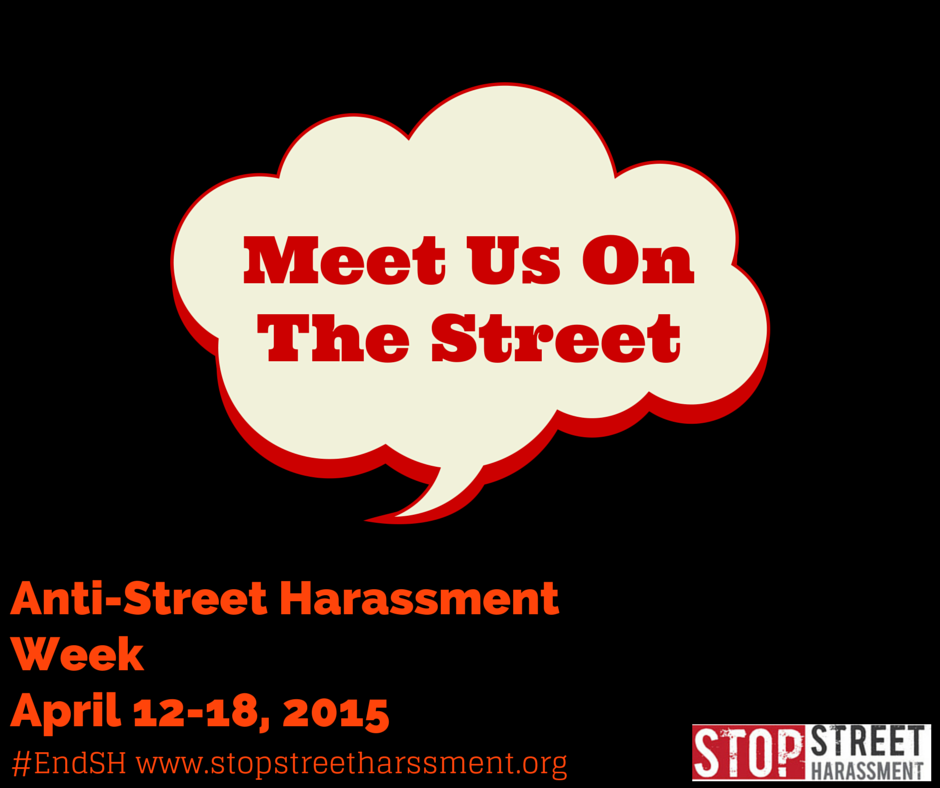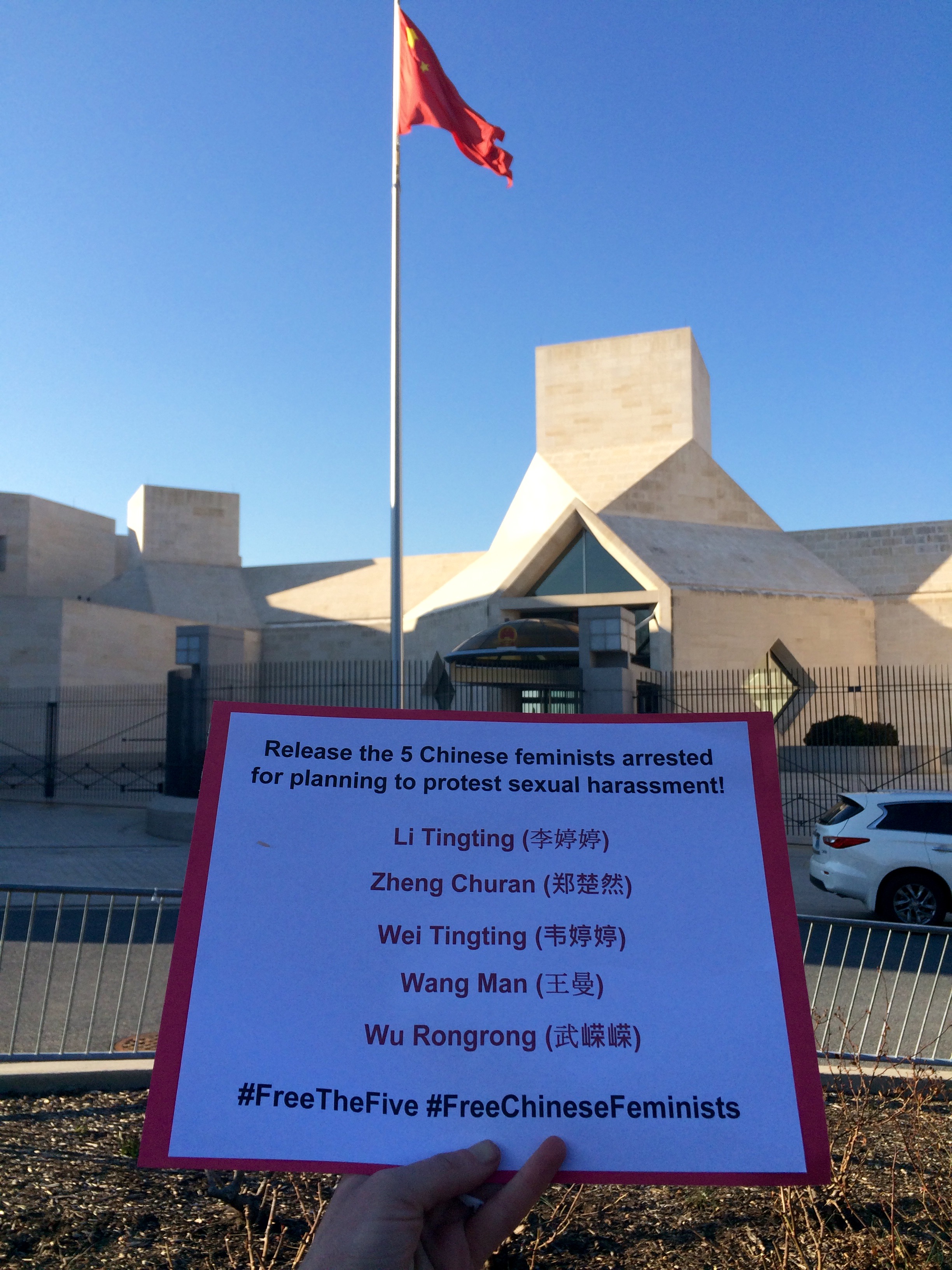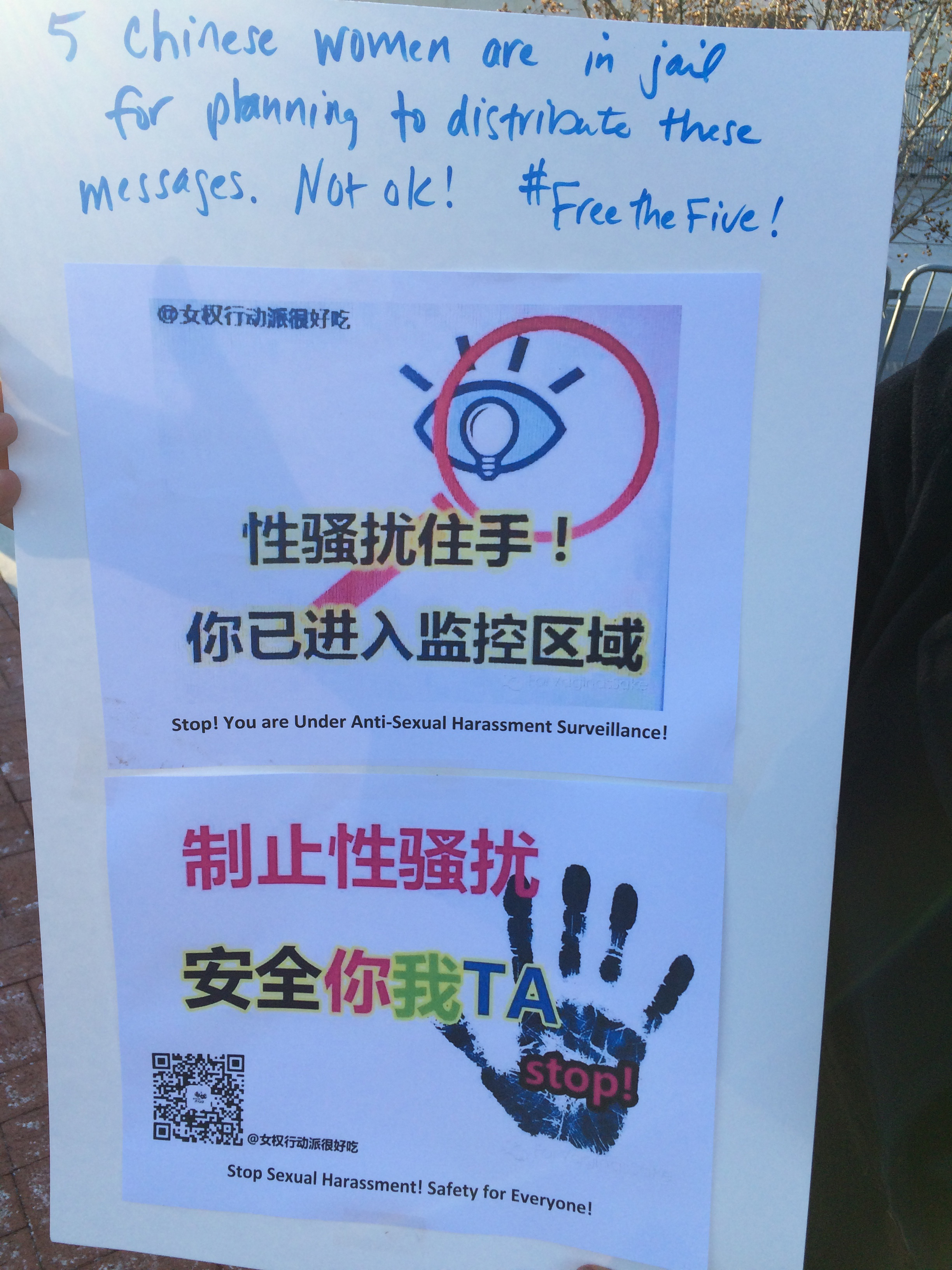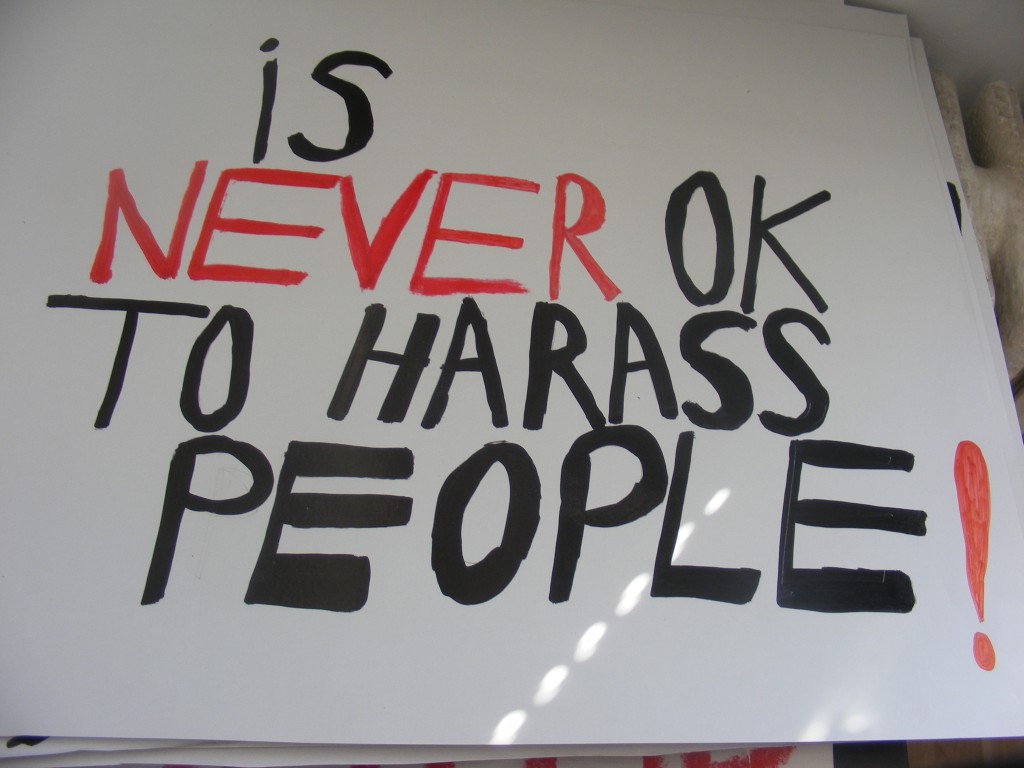The Peruvian government officially passed the law against street harassment that the Congress approved earlier this month.
Meanwhile in Panama, Ana Matilde Gómez, an independent member of Panama’s National Assembly introduced a bill that would criminalize street harassment. It would also outlaw bullying, stalking, racism and all forms of sexual harassment. It also calls for developing public policies aimed at preventing these problems.





